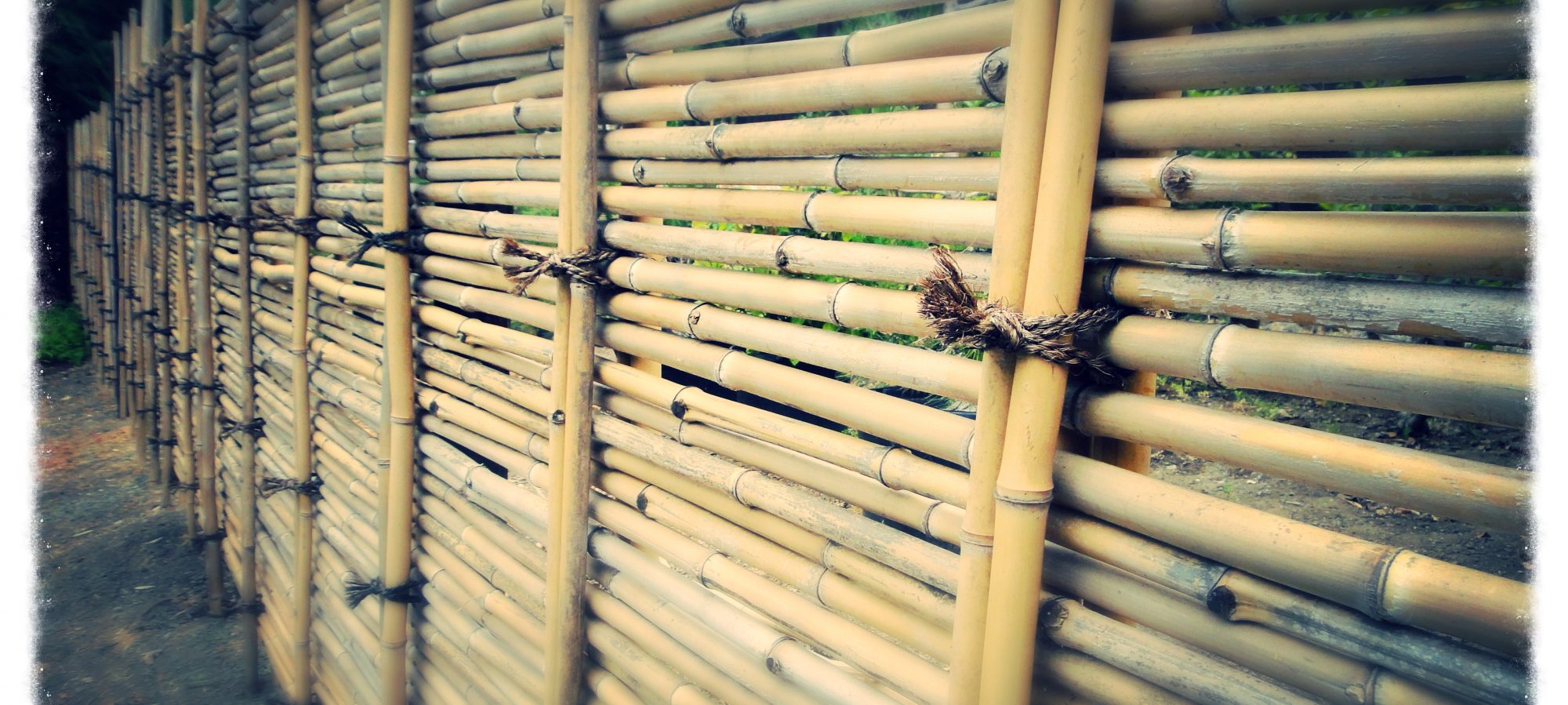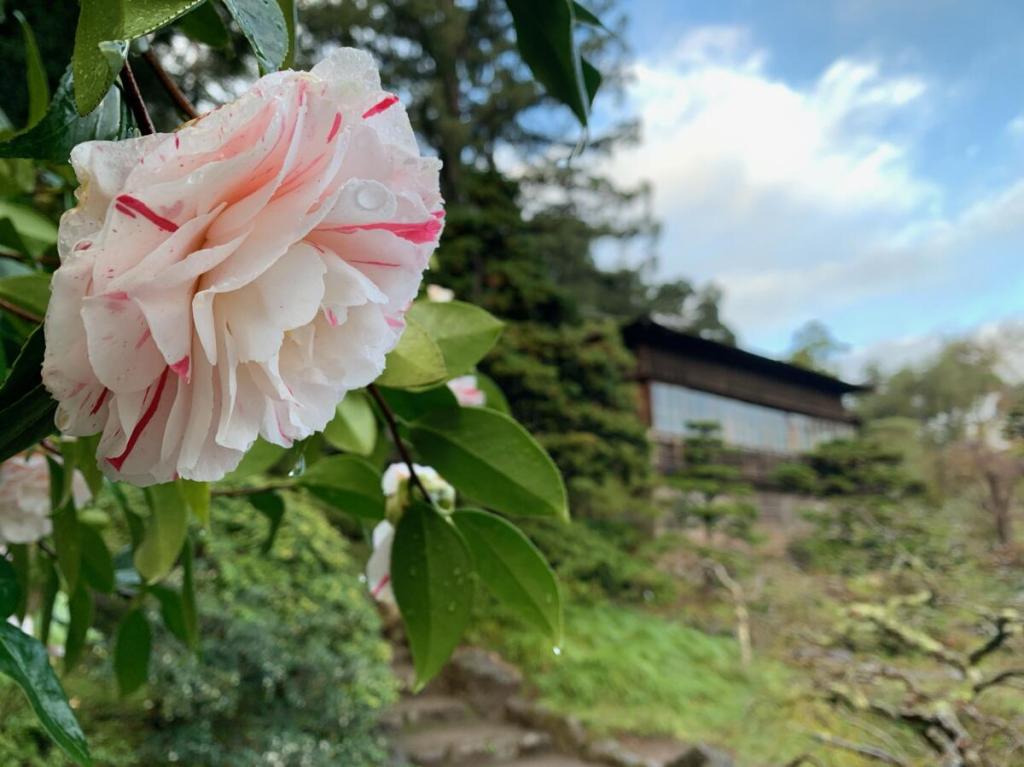Shared by Linu

It has been more than a decade since I first encountered the word Zen. Over the years, I have heard this term in numerous contexts: design, art, meditation, Steve Jobs, and more. And yet when I ask myself to define what it is, I fail to put a finger on it. This unsettled me and led me recently to buy this book by Bonnie Myotai Treace called “A Year of Zen: A 52-Week Guided Journal”. The book has daily thought-provoking prompts that make you think deeply (and hopefully experience zen). I want to share a paragraph from the book that resonated with me. I hope you enjoy it!
~~~Zen will steal your tongue, and then ask that you speak. It will deliver you to the territory of utter intimacy, and make clear that whatever you say about it only moves you away from it. No one is immune from Zen’s truth: we each and all suffer the demand that we express the inexpressible. We wake up in this demand everyday, and seek sleep in the evening even as it presses on our heart. Think about it: your life is an astonishing improbability. Every single moment has a fresh face. And absolutely no one but the one reading (or hearing) this right now has what it takes to fully realize your precise possibilities. There is a heavy responsibility to this, as well as the lightness of a feather, floating in the invisible wind that will bring the affair to the perfect rest. Perhaps Meister Eckhard was right: “If the only prayer you ever say in your entire life is thank you, it will be enough”.
~~~
Link to the book: https://www.amazon.com/Year-Zen-52-Week-Guided-Journal/dp/1638788537





